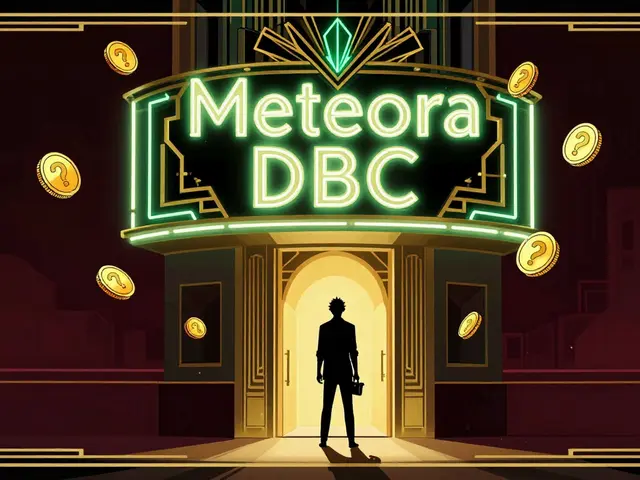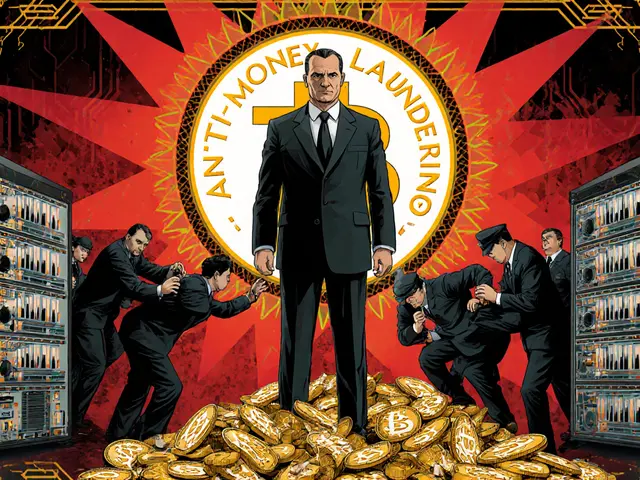Cryptocurrency Laws: What’s Legal, What’s Not, and Who’s Enforcing It
When it comes to cryptocurrency laws, rules that define how digital assets can be traded, taxed, and regulated by governments. Also known as crypto regulation, these rules vary wildly from country to country—and they’re changing faster than most traders can keep up. Some places treat crypto like cash. Others treat it like a security. And a few, like Nigeria and Turkey, have flipped their stance entirely in the last year.
Take the SEC crypto fines, penalties issued by the U.S. Securities and Exchange Commission against crypto projects for unregistered sales and misleading claims. In 2024, they hit $5 billion—mostly from one case. That’s not a warning. That’s a message: if your token acts like a stock, the SEC will treat it like one. Meanwhile, Nigeria crypto laws, the regulatory framework introduced under ISA 2025 that legalized crypto exchanges after a years-long ban still leave users vulnerable. Police still shut down traders, even though the law says they’re allowed. And in Singapore crypto license, the mandatory approval required by MAS for any exchange operating in or serving users from Singapore, you need millions in capital and a clean audit just to apply. No license? You’re breaking the law—even if you’re based overseas.
These aren’t abstract rules. They’re the difference between trading safely and losing everything to a shutdown, a seizure, or a scam that looks legal. The posts below show you exactly how these laws play out in real life: from the biggest crypto heists tied to regulatory gaps, to exchanges that vanished because they ignored licensing, to airdrops that never happened because the project was never legal to begin with. You’ll see how North Korea exploits weak oversight, how Nigeria’s legal win still leaves users in danger, and why Singapore’s strict rules might be the only thing keeping its market clean. This isn’t theory. It’s what’s happening right now—and what you need to know before you trade, invest, or even hold crypto in 2025.
Asset Forfeiture and Crypto Seizures by Country: Who’s Seizing What and Why
Governments worldwide are seizing billions in cryptocurrency from criminals-and some are holding onto it instead of selling. Learn which countries lead in crypto seizures, how they're managing seized assets, and what it means for everyday users.





